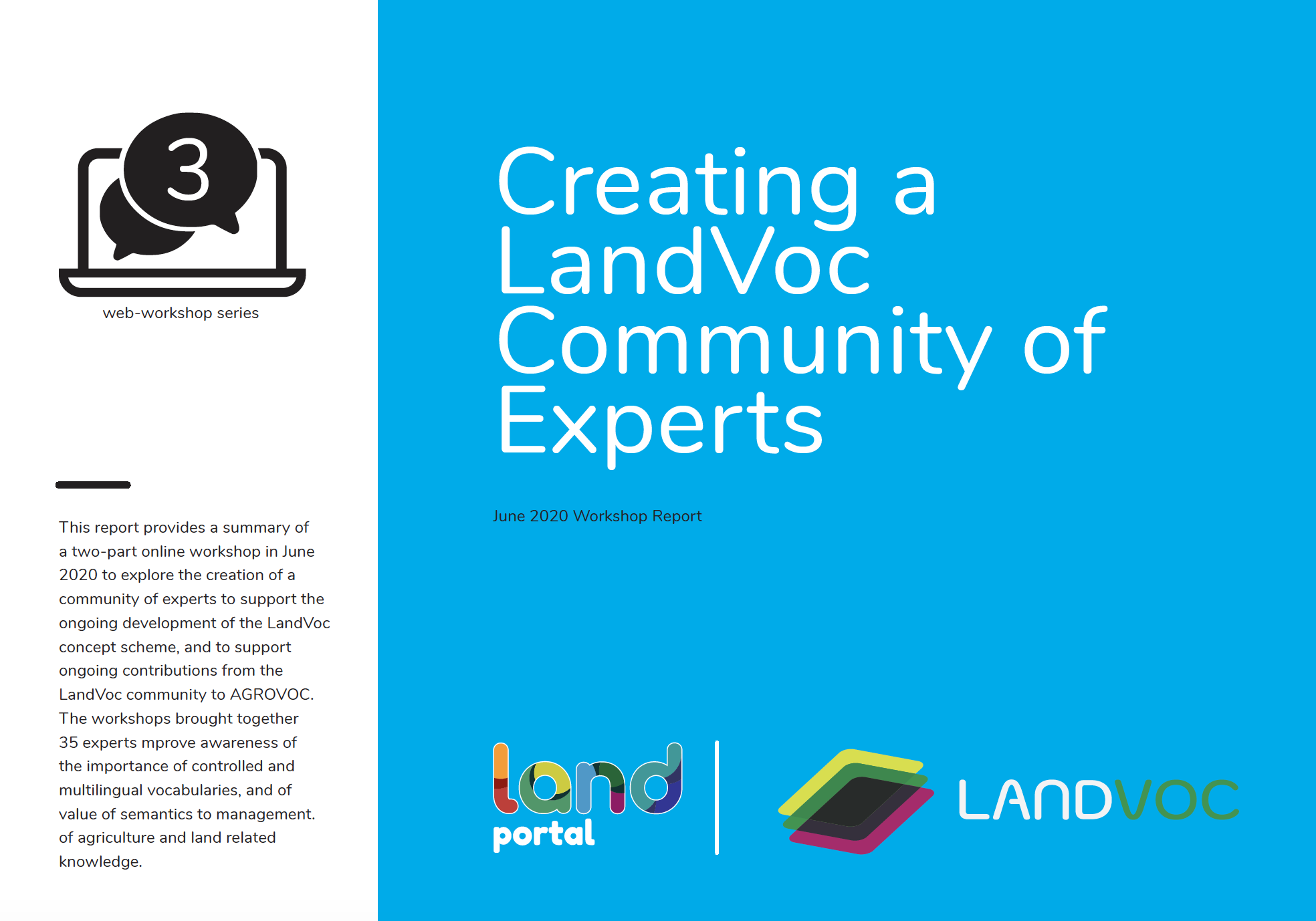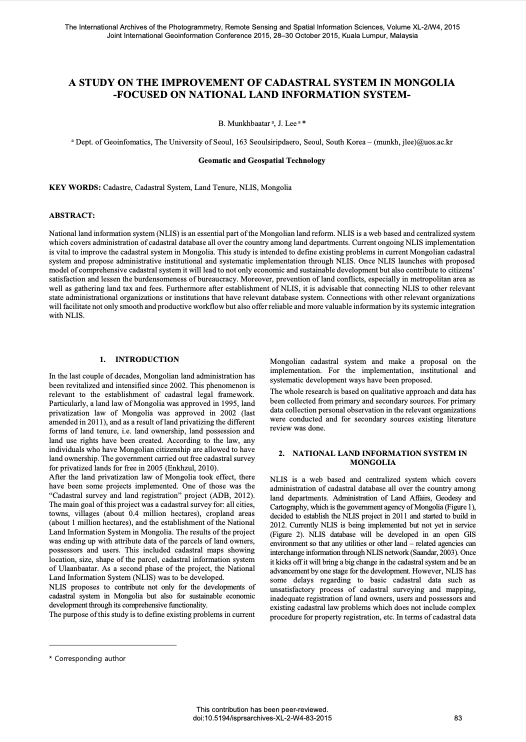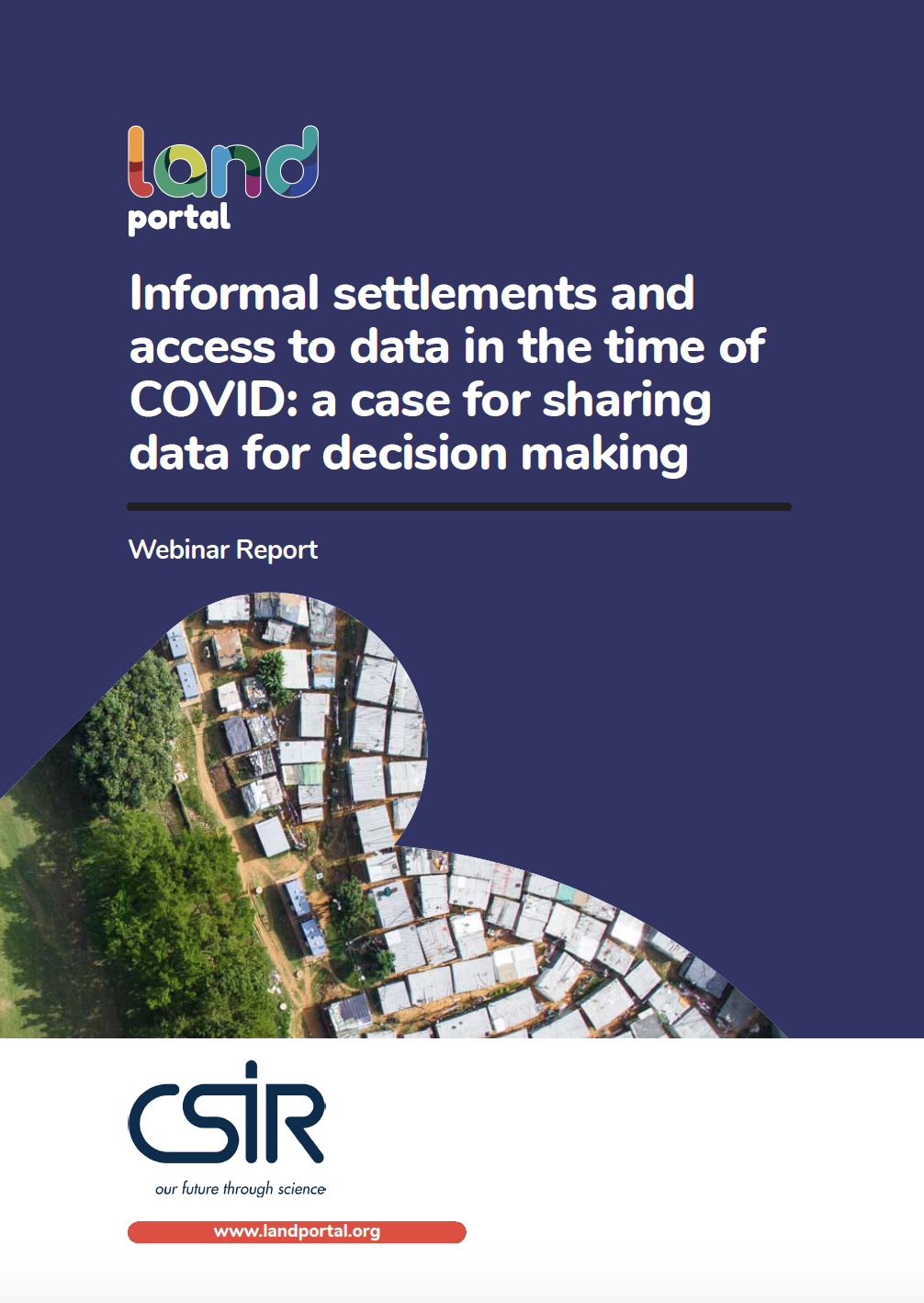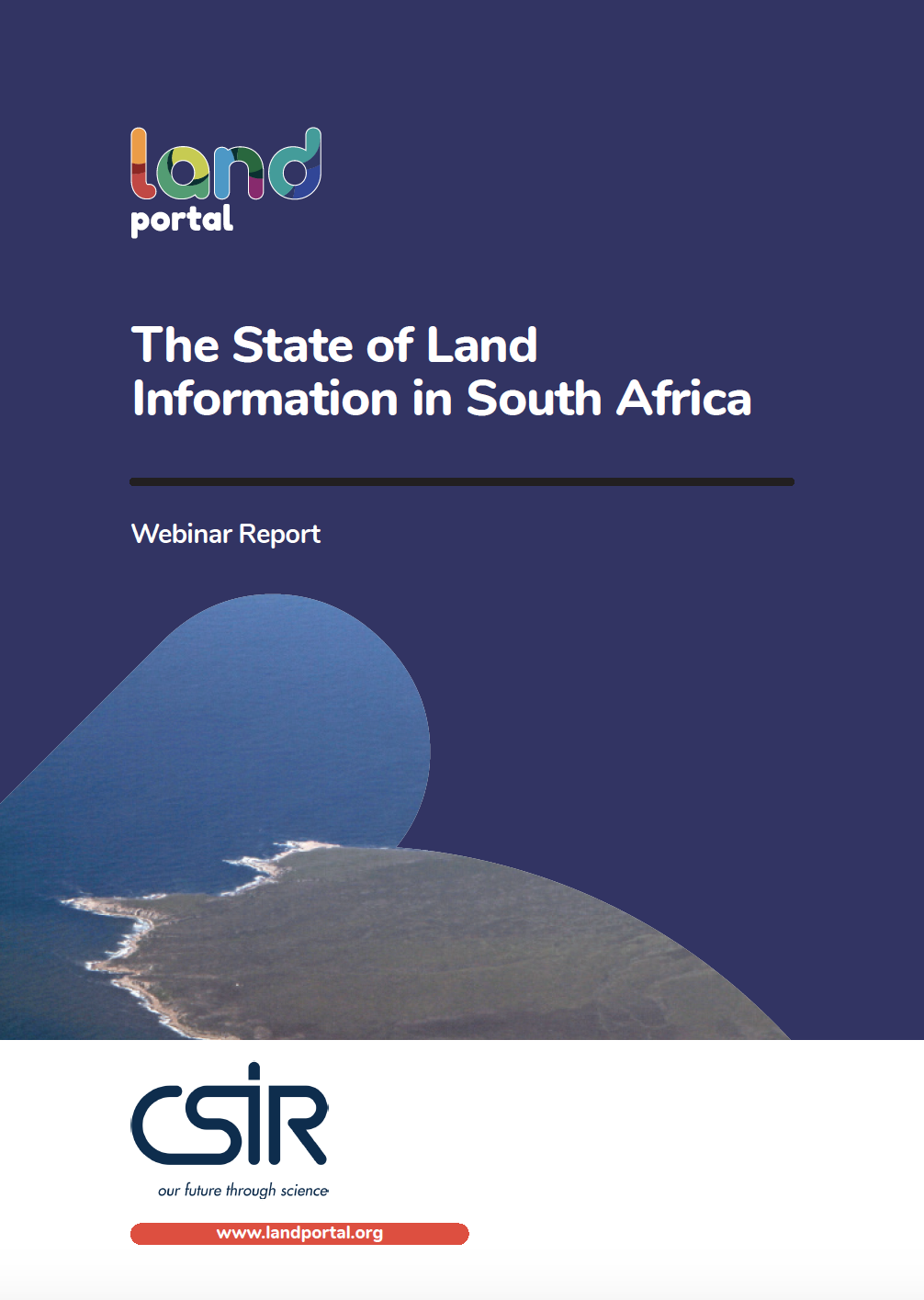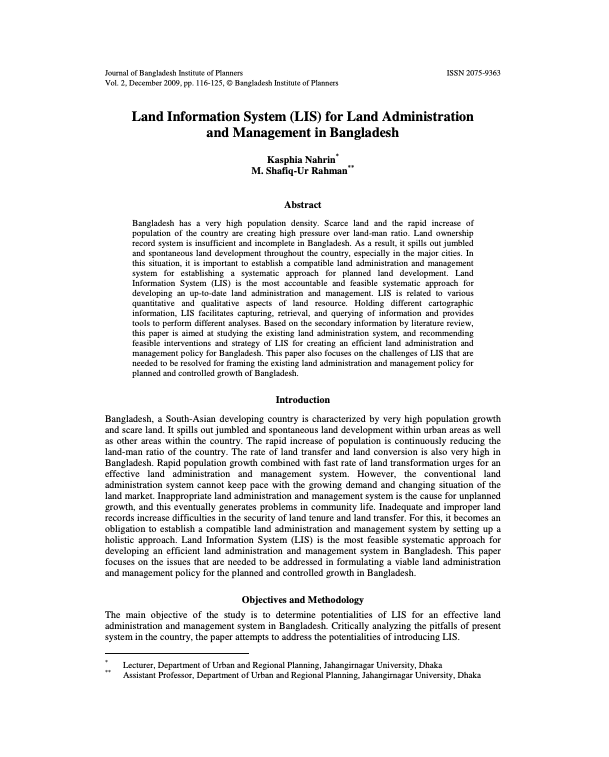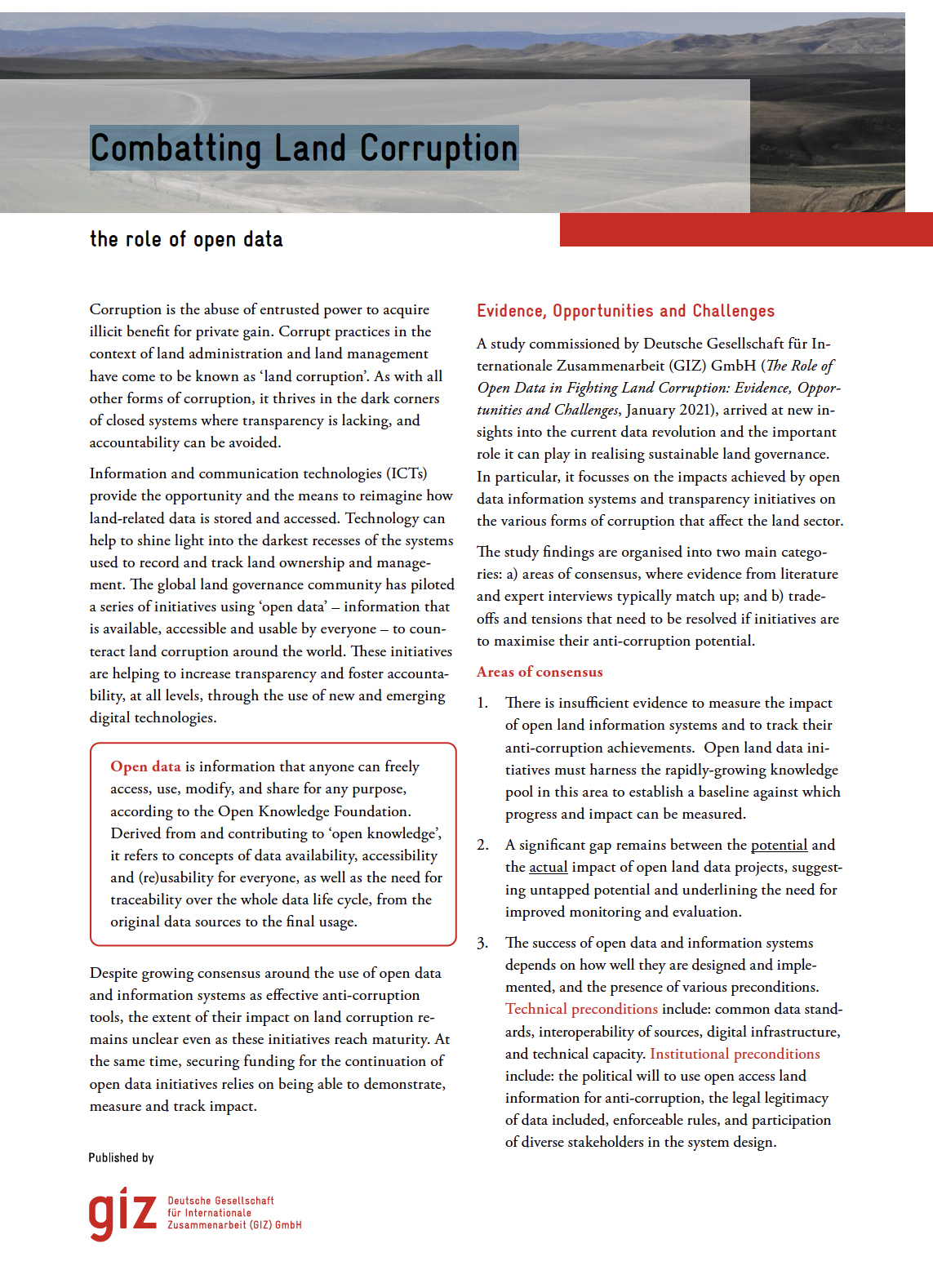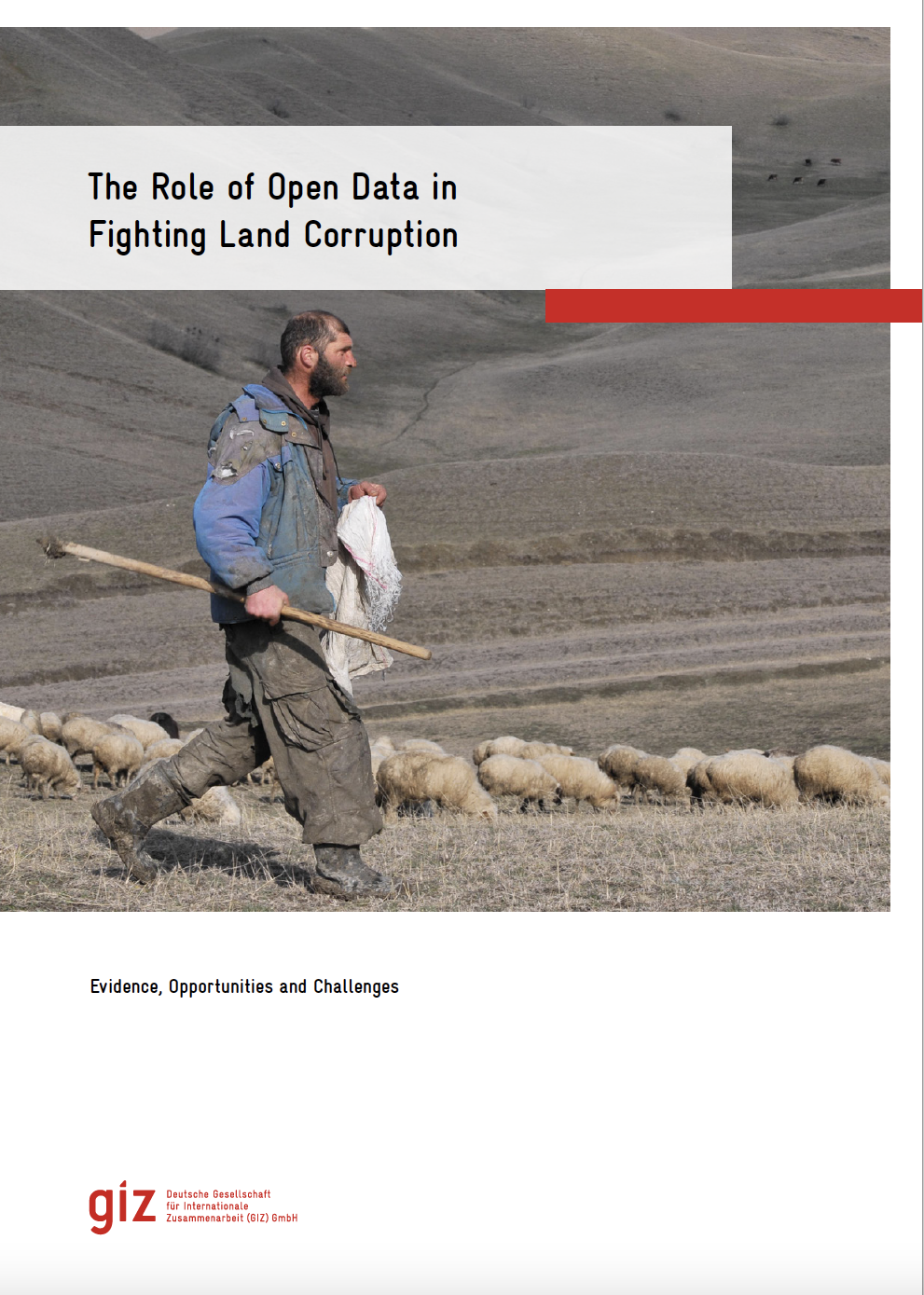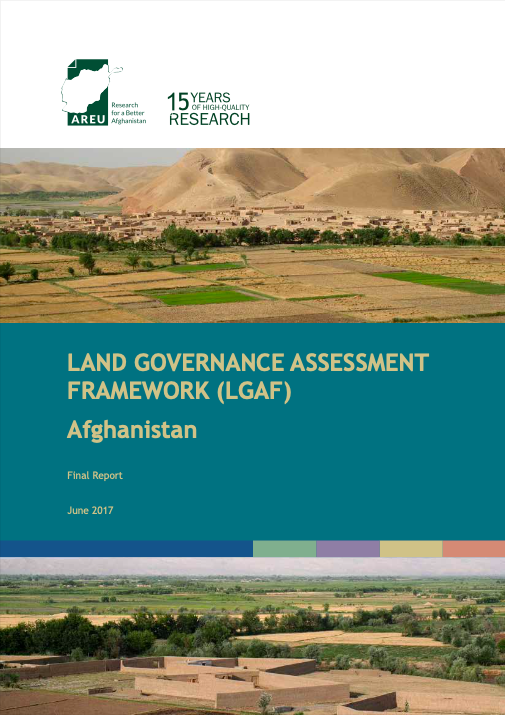The Challenge of Spatial Information Accessibility for Agricultural Policies: Case of Pakistan
Agriculture is directly linked to the socio-economic development of every region. Agriculture impacts us all, whether we are seeking food security, better health or striving to conserve natural resources. Goal 2 of Sustainable Development Goals (SDGs) underlines the significance of agriculture as a means to achieve food security. United Nations in its recently published report titled “World Economic Situation and Prospects 2020”(UN, 2020) has declared agriculture as one of the global priorities for achieving high-quality health care and formal employment opportunities.


